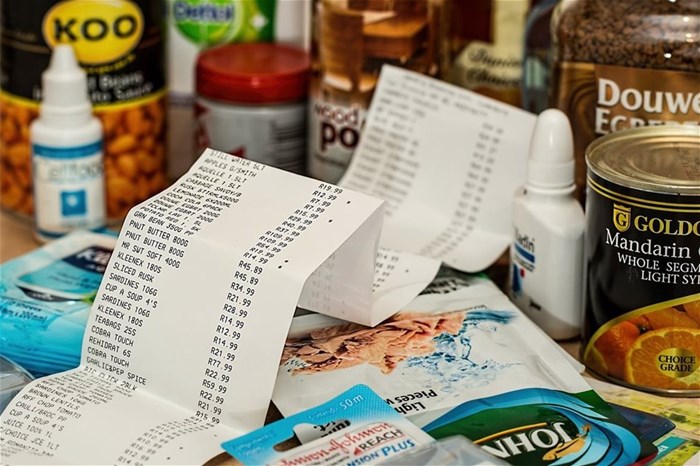
Top stories






More news

Marketing & Media
Warner Bros. was “nice to have” but not at any price, says Netflix

Logistics & Transport
Maersk reroutes sailings around Africa amid Red Sea constraints

















Mostly catering to the mass market, OBC stores are strategically positioned close to communities and transport nodes to offer convenient access to frozen chicken, fish, red meat, processed meat, bakery items, liquor and other essential grocery items to this rapidly expanding market.
The OBC Group is reportedly one of the fastest-growing retail brands in South Africa (SA), having grown since the brand launched in 1987 to a network of over 90 stores with a footprint in almost every province.
The group’s business model offers smaller store owners the benefits of belonging to a large retail group. These include bulk-buying, reliable and consistent deliveries, competitive pricing, aggressive marketing, access to finance, auxiliary services such as cash collection services, competitive group banking fee structures, and life insurance products.
"We have learnt some important lessons from our decades of experience in this market," says Da Fonseca.
"The first of these is that every cent counts in our franchise system and every single cut of meat, egg or bun matters profit-wise. We’re in the high-volume, low-margin business and even negligible wastage or the wrong packaging can affect margins. The same applies to space – we maximise our retail space as storage space simply doesn’t sell."
Da Fonseca says that the group has several brands, ranging from basic products to those that appeal to higher-income markets, and one needs to be mindful of the requirements of each market segment to offer the appropriate products.
In the lower-income bracket consumers are, for example, more concerned about the number of pieces in a chicken pack than the weight of it, so this needs to be considered when packaging for that market.
One of the most important learnings for the group has been the value of the distribution centres for franchisees.
"Customers who don’t find what they want simply don’t come back, so we’ve put supply and distribution at the core of our business model to ensure shelves are always stocked with the products customers are seeking. We buy in bulk to secure competitive prices, maintain optimal stock levels in our 2 highly optimised distribution centres, and operate a dedicated fleet of trucks serving stores daily. This distribution support structure ensures that stores can limit stock levels to a 5-day supply and eliminates much of the complexity for franchisees who no longer need to place many orders from different suppliers."
"Here again we must ensure we have the right supplies both in terms of quality and quantity. Delivery intervals and quantities differ from franchise to franchise, and it is essential we stay on top of this. We do this by utilising the just-in-time system to keep holding costs lean, but stock up at certain times of the year, for example in the lead-up to Christmas. We also source from numerous other suppliers, which is what we’ve done to mitigate the current chicken and egg shortage," says Da Fonseca.
Da Fonseca also attributes the success of the group to their collaborative approach with suppliers.
"We see our suppliers as partners in our business and we work closely with them to build strong relationships and ensure efficient delivery management. Importantly, we offer them favourable trading terms and always pay on time, which we believe is one of the pillars of our success."
"OBC is not in the grocery business – we are in the business of building entrepreneurs and we’re using meat and other groceries to do it,' says Da Fonseca. 'We’re constantly in touch with or visiting our franchises to keep our finger on the pulse, ensure that they’re using best practices and offer advice on how to run their businesses at ideal levels. Many franchisees own several franchises and are asking for more outlets, which shows they’re happy and our approach is a win-win for all of us."